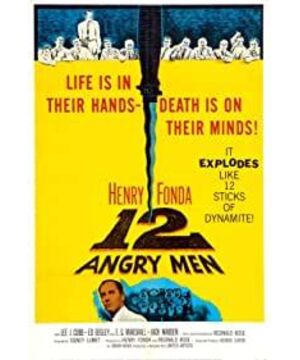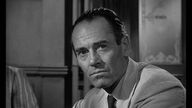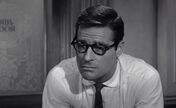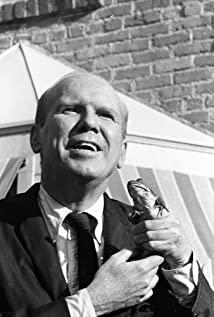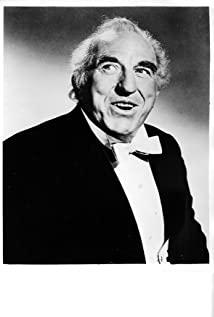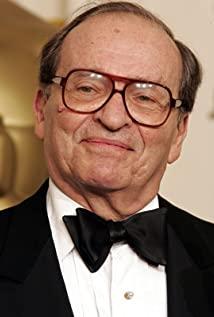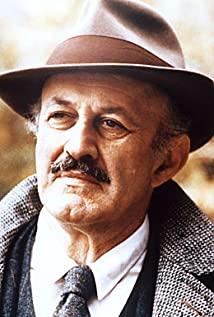Also a relatively closed scene, 12 Angry Men's seems more monotonous. Conspiracy is set in a Jewish mansion occupied by the Germans. While most of the film's activities take place in the conference room, there are some exterior shots in the courtyard, as well as shots in auxiliary spaces such as the foyer, bathroom, dining room, and so on. And 12 Angry Men, except for the courtroom at the beginning and a few short shots in the bathroom in the middle, it can be said that almost all activities are limited to the small conference room for the jury to discuss. In such a monotonous scene, the setting and shaping of the characters are even more important. Compared with the elites of the Third Reich who participated in the meeting in Conspiracy, the characters of 12 Angry Men are also simpler. As its title, it is 12 people and 12 jurors. 12 Angry Men, however, delivered a much better story than Conspiracy in terms of characters and setting.
Compared to Conspiracy's grand proposition about genocide, 12 Angry Men's theme is only about one person's life and death: what kind of attitude should you have when your decisions affect someone's life? The architect, played by Henry Fonda, stands by his "innocence" judgment at 11:1. And this judgment is not because he is convinced that the boy is indeed "innocent", but because he cannot be sure that the boy is indeed "guilty". And he believes that in the case of "reasonable doubt" (Reasonable doubt), what jurors should do is to discuss the doubts of the case, rather than make an intuitive judgment based on full confidence in the testimony in court. His rational analysis led the other jurors, and in the debate between the pros and cons, the doubtful points in the case were presented one by one. Every piece of evidence that was previously considered inconclusive has been challenged or even overturned. And in this process, all kinds of human weaknesses are also exposed, jurors, victims, suspects, witnesses, lawyers... A suspicious murder case, a gray description of American society is in 12 The wonderful dialogues and physical performances of individuals are vividly presented to the audience.
It can be said that these two films are a persuasive process. The difference is that persuasion in Conspiracy is a process of suppressing opposition by force. Even though the elites of the Third Reich who attended the meeting still had doubts about the genocide of the Jews, they finally unanimously adopted a long-established result with the coercion and inducement of their superiors. On the other hand, 12 Angry Men, on the basis of equality, persuaded 11 colleagues who believed the suspect was "guilty" with his intelligence and enthusiasm. Although it cannot be said that it has the arrogance of "even though millions of people will go there", it is enough to be admired. It may be because of this difference that the dramatic conflict in 12 Angry Men is more intense and engaging. However, on the other hand, the choice of the themes of these two films also reflects the changes in people's attention and understanding of morality and rights over the past half century. 12 Angry Men is concerned with moral issues related to the individual, while Conspiracy is concerned with the impact of politically related rights on a race.
View more about 12 Angry Men reviews


